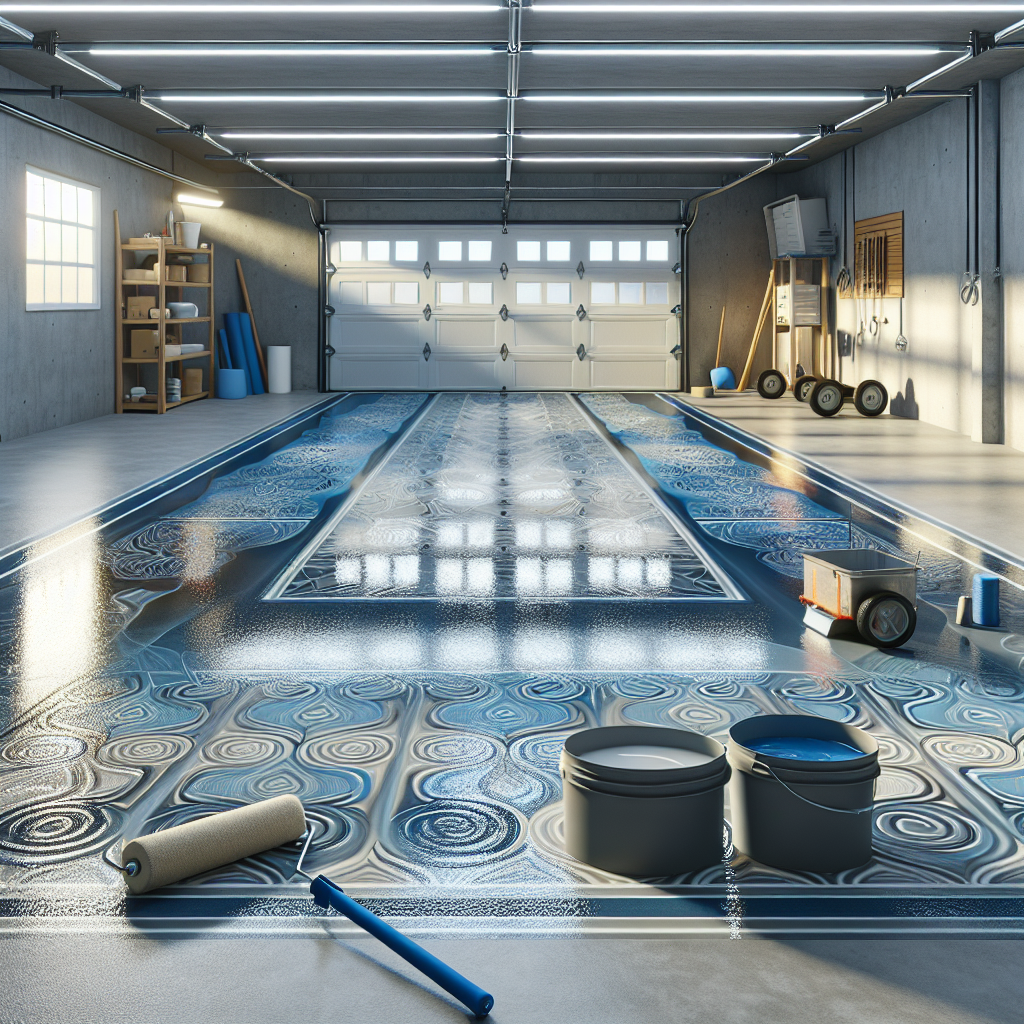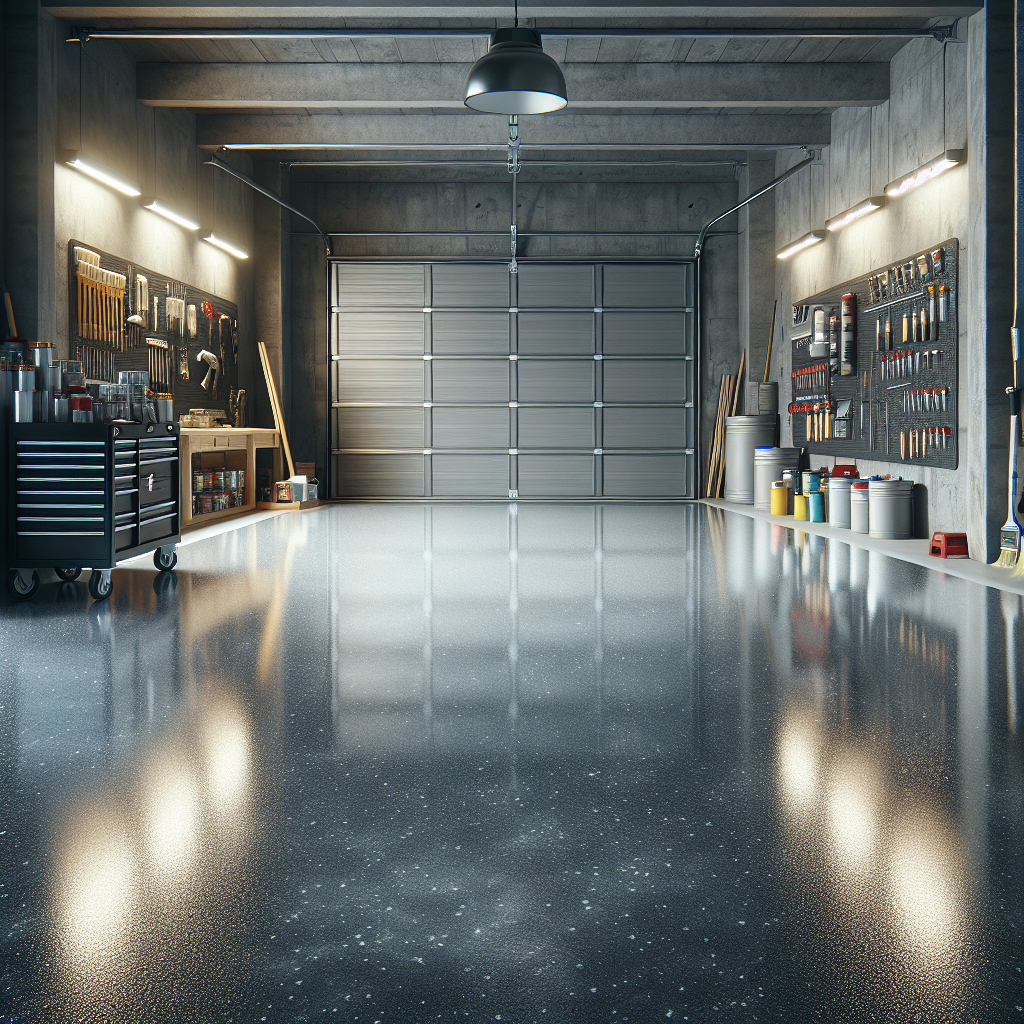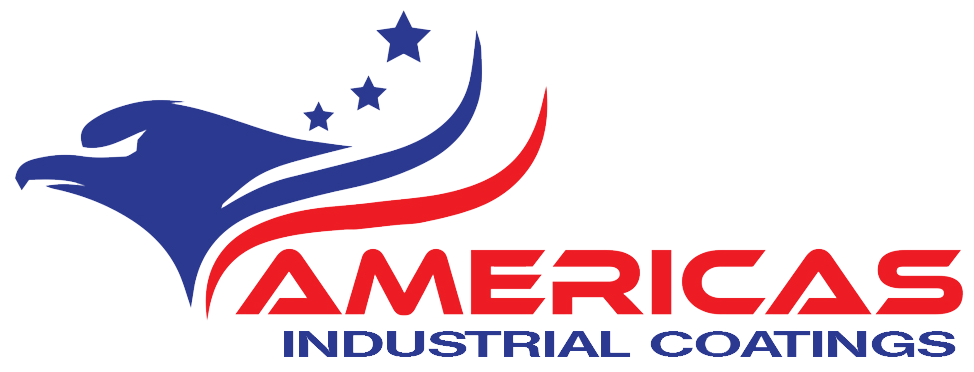When considering how much does epoxy floor in garage cost, it’s essential to understand the various factors that influence pricing. The cost of epoxy flooring can vary significantly based on several key elements:
- Material Quality: The type of epoxy used plays a crucial role in the overall cost. Higher-quality epoxies, such as those with added features like UV resistance or slip resistance, may come at a premium.
- Garage Size: The larger the garage, the more material and labor will be required, which directly impacts the total cost. It’s important to measure the area accurately to get a precise estimate.
- Surface Preparation: Proper surface preparation is vital for a successful epoxy application. If your garage floor requires extensive cleaning, repairing, or leveling, expect additional costs for these services.
- Design Options: Custom designs, colors, and finishes can elevate the cost of your epoxy floor. While basic applications may be more affordable, intricate designs may require additional labor and materials.
- Labor Costs: Hiring a professional installer, like those at Americas Industrial Coatings, ensures a quality finish. Labor costs can vary based on location and the complexity of the installation.
By taking these factors into account, you can better understand the pricing structure and make informed decisions. For a personalized estimate that reflects your specific needs, Call Us Today for a Free Quote at Americas Industrial Coatings.
Average Price Range for Garage Epoxy Floors
The average price range for garage epoxy floors can vary widely based on the factors previously discussed. Generally, homeowners can expect to pay between $3 to $12 per square foot for epoxy flooring installation. Here’s a breakdown of the cost range:
- Basic Epoxy Coating: For a standard, single-color epoxy coating, the cost typically falls between $3 to $7 per square foot. This option provides a durable surface but may lack additional features.
- High-Quality Epoxy Systems: If you opt for a more advanced epoxy system that includes features like anti-slip additives or high-gloss finishes, prices can increase to approximately $7 to $10 per square foot.
- Custom Designs and Flakes: If you desire a more customized look with decorative flakes or patterns, expect to pay around $10 to $12 per square foot. This option enhances aesthetics and can improve the floor’s performance.
It’s important to remember that these prices are averages and can fluctuate based on your specific location, the size of your garage, and any additional services required, such as surface preparation. Consulting with a professional installer can provide you with a more tailored estimate reflective of your unique situation.
Cost Breakdown of Epoxy Floor Installation

Understanding the cost breakdown of epoxy floor installation is crucial for homeowners looking to budget for this project. The total cost is influenced by several key components:
- Materials: The cost of epoxy materials typically accounts for around 40% to 60% of the total installation price. This includes the epoxy resin, hardeners, and any additional decorative elements like color flakes or topcoats.
- Labor: Labor costs can range from $1 to $5 per square foot, depending on the complexity of the job and the installer’s expertise. Professional installation is recommended to ensure proper application and longevity of the flooring.
- Surface Preparation: Preparing the garage floor is a critical step that can significantly affect the cost. This may involve cleaning, repairing cracks, or grinding the surface to ensure proper adhesion. Surface preparation costs can add an additional $1 to $3 per square foot.
- Additional Features: If you opt for extras such as anti-slip coatings, moisture barriers, or UV protection, these features will also impact the overall price. Each addition can increase the total installation cost by $0.50 to $2 per square foot.
By understanding these cost components, homeowners can make informed decisions regarding their epoxy flooring project. It’s advisable to obtain multiple quotes from reputable contractors to ensure competitive pricing and quality service.
Benefits of Installing Epoxy Flooring

Installing epoxy flooring in your garage provides a multitude of benefits that make it an attractive option for homeowners. Here are some of the key advantages:
- Durability: Epoxy floors are known for their exceptional durability. They can withstand heavy traffic, impacts, and even chemical spills, making them ideal for garages where heavy tools and vehicles are used.
- Low Maintenance: One of the standout features of epoxy flooring is its low maintenance requirements. Regular sweeping and occasional mopping with a mild detergent are all that’s needed to keep the surface looking great.
- Cost-Effectiveness: While the initial installation cost may seem higher than other flooring options, the long-term savings in maintenance and replacement costs make epoxy a wise investment.
- Safety: Epoxy flooring can be customized with anti-slip additives to enhance safety in your garage, reducing the risk of slips and falls, especially when the floor is wet.
- Aesthetic Appeal: With various colors and finishes available, epoxy flooring can enhance the overall look of your garage, giving it a polished and professional appearance.
- Quick Installation: Most epoxy flooring installations can be completed in just a few days, minimizing disruption to your daily routine.
These benefits illustrate why epoxy flooring is a popular choice among homeowners looking to improve the functionality and appearance of their garages.
Choosing the Right Epoxy Flooring for Your Garage

When it comes to choosing the right epoxy flooring for your garage, several factors need to be considered to ensure you select the best option for your needs. Here are some key points to guide you:
- Type of Epoxy: There are various types of epoxy flooring, including solid epoxy, epoxy paint, and epoxy coating. Solid epoxy offers greater durability and is often preferred for garages due to its robust nature.
- Thickness: The thickness of the epoxy layer can impact its performance. A thicker layer generally provides better resistance to wear and tear, making it more suitable for high-traffic areas.
- Finish Options: Epoxy flooring comes in different finishes, such as glossy, matte, or textured. A glossy finish reflects light, making the garage appear brighter, while a textured finish can provide additional grip.
- Color and Design: Consider the aesthetic aspect of your garage. Epoxy flooring is available in a wide array of colors and patterns, allowing you to choose a style that complements your home.
- Environmental Factors: If your garage is prone to moisture, consider using a moisture-resistant epoxy. This can prevent bubbling and peeling, ensuring the longevity of the flooring.
By carefully considering these factors, you can select the ideal epoxy flooring that meets your specific requirements and enhances the overall functionality of your garage.
Tips for Budgeting Your Epoxy Floor Project

Budgeting for your epoxy floor project is essential to ensure that you get the best value for your investment. Here are some practical tips to help you plan your budget effectively:
- Assess Your Space: Start by measuring the area you want to cover with epoxy flooring. Knowing the square footage will help you estimate the quantity of materials needed and the overall cost.
- Research Material Costs: Epoxy flooring prices can vary based on the type and quality of materials. Do some research to find the best options that fit within your budget while ensuring durability and aesthetic appeal.
- Factor in Labor Costs: If you plan to hire professionals for installation, get quotes from multiple contractors. Compare their prices and services to find a reputable contractor that fits your budget.
- Consider DIY Options: If you’re handy and have the time, consider a DIY installation. This can significantly reduce labor costs. However, ensure you have the right tools and materials to achieve a quality finish.
- Plan for Additional Costs: Don’t forget to account for additional expenses such as surface preparation, repair materials, and sealants. These can add up quickly, so include them in your budget.
By following these budgeting tips, you can manage your expenses and ensure a successful epoxy flooring project. Call Us Today for a Free Quote and let us help you plan your project efficiently!


